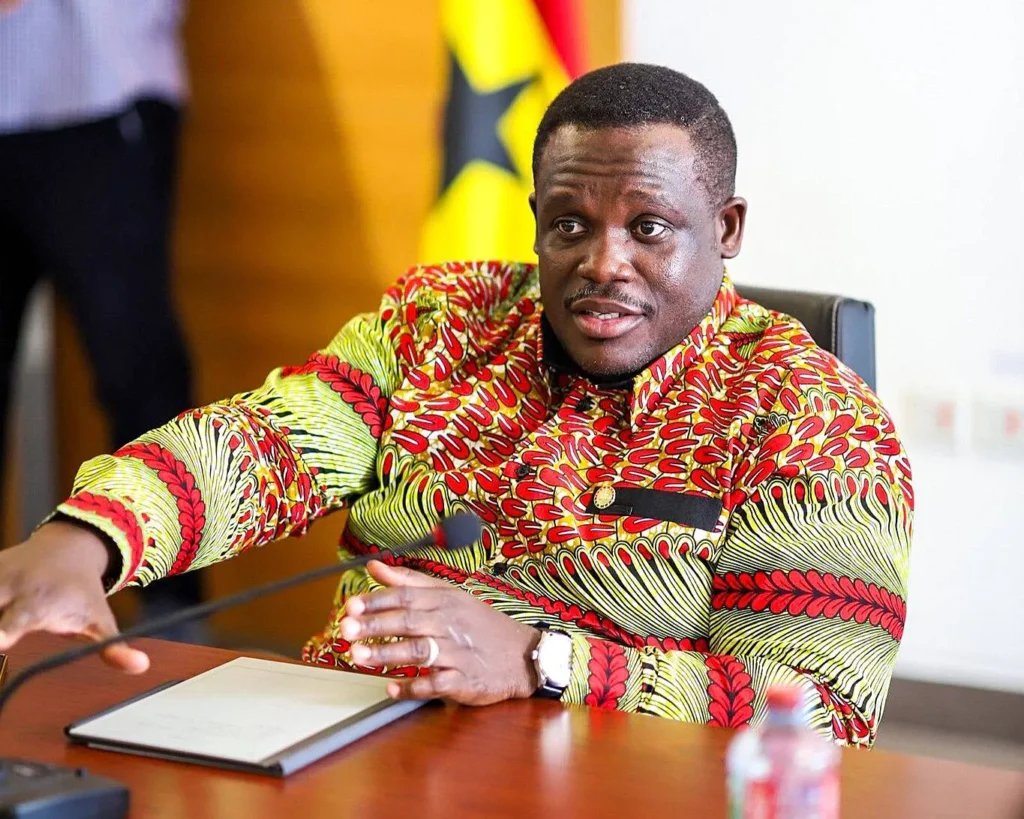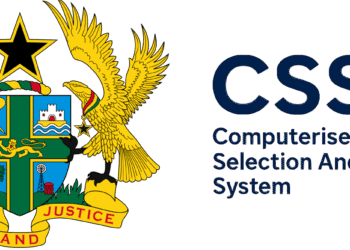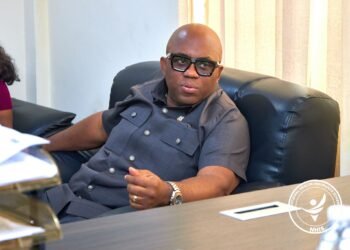The debate over the independence of Ghana’s regulatory bodies has once again been brought to the fore, with the Executive Director of CDD-Ghana, Prof. Henry Kwesi Prempeh, warning that political interference undermines the effectiveness of regulators and erodes the country’s governance systems.
The scholar expressed concern that allowing politicians to countermand decisions of regulators not only defeats the purpose of setting up such agencies but also weakens the very foundations of democratic accountability.
Prof. Prempeh questioned the rationale behind establishing regulators if their authority can be overridden.
“What is the point of setting up a regulatory body with the authority to regulate and enforce a regime of sanctions in a designated industry if the Minister or some other politician can simply issue directives to countermand an enforcement action by the regulator?”
Prof. Henry Kwesi Prempeh
For Prof. Prempeh, such political interference brings up deeper concerns about legality and the integrity of the rule of law.

He questioned whether the law actually permits a minister to overturn a regulator’s enforcement decision in such a manner, pointing out that this undermines the very purpose of having a regulator in place.
According to him, the responsibilities of ministers should be clearly distinguished from the operational duties of regulators.
Their role, he explained, ought to be limited to issuing broad policy directives, rather than stepping into specific enforcement matters on a case-by-case basis. “This is the appropriate division of labour or ‘separation of powers’ between politician and regulator.”
Interference Renders Regulatory Bodies Powerless
The CDD-Ghana director explained that once a minister improperly intervenes in this manner, the regulator becomes powerless and unable to perform its role effectively.
According to Prof. Prempeh, this pattern of behavior reflects a larger problem where politics has become the number one obstacle to building a true rule-of-law culture in Ghana.
He lamented that in the end, it is the ordinary citizens who suffer most from the weakening of state institutions, warning bluntly that “we are the ultimate victims and losers.”
His remarks were triggered by a recent case in which the Minister of Communications, Hon. Sam George, ordered an immediate halt to an enforcement exercise carried out by the Postal and Courier Services Regulatory Commission in collaboration with the Ghana Police Service.

The enforcement exercise sought to regulate the use of motorbikes for delivery services in line with existing laws. However, the minister intervened, directing that the operation be suspended pending further consultations.
“However, I believe the Commission needs to do more stakeholder engagements and public sensitisation before the enforcement activities commence. We must enforce the law with a humane face to it.”
Hon. Sam George
A Clash Of Mandates
The situation reflects an ongoing tension between regulatory bodies that are designed to function independently and political leaders who often step in to moderate or halt their activities.
Analysts argue that such interventions blur the lines of authority, creating confusion among stakeholders while undermining confidence in the rule of law.
Prof. Prempeh insisted that while ministers have the right to set broad policy direction, they should refrain from interfering with the operational independence of regulators.
Without such restraint, he warned, regulatory agencies risk being reduced to symbolic bodies with little real power.

Minister Sam George, however, maintained that his actions were intended to ensure fairness and transparency, not to undermine the regulator. “I would, in the coming days, have meetings with the various stakeholders and fashion out an agreeable roadmap to implementation.”
Yet, governance experts like Prof. Prempeh believe that such political interventions, regardless of intent, set a dangerous precedent.
When ministers countermand enforcement actions, it discourages regulators from acting decisively, fuels perceptions of weak institutions, and raises doubts among both citizens and international partners about the country’s regulatory credibility.
The broader implication is that Ghana risks undermining investor confidence and diplomatic trust if its regulators are perceived as lacking true independence.
Regulatory bodies exist to uphold standards, enforce rules, and ensure accountability within industries. When their authority is curtailed by political influence, the entire governance ecosystem suffers.
As the debate continues, the clash between regulatory independence and political oversight highlights a growing challenge for Ghana’s democracy.
Whether reforms will be introduced to strengthen the autonomy of regulatory agencies remains to be seen, but experts argue that without change, the rule of law will continue to be undermined.
READ ALSO: Interpol Cybercrime Sweep Nets 1,209 Arrests Across Africa



















